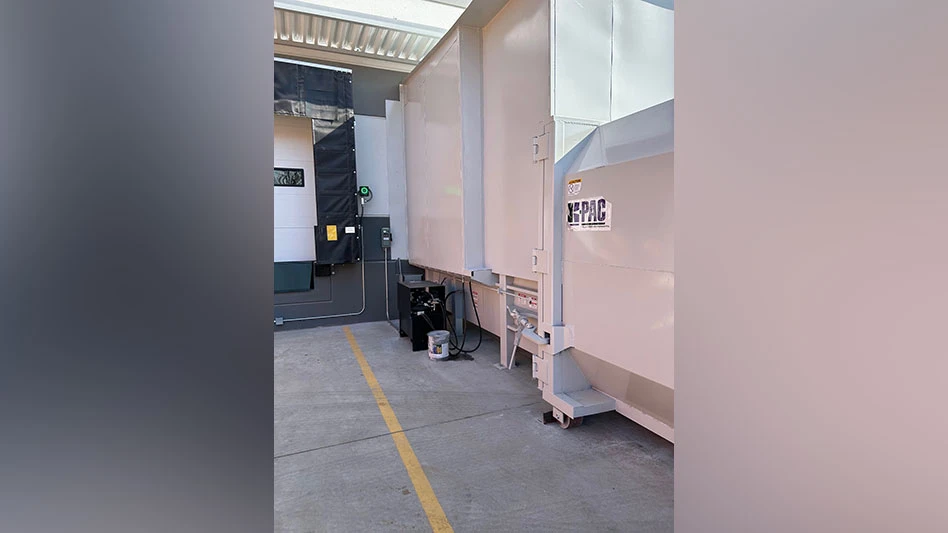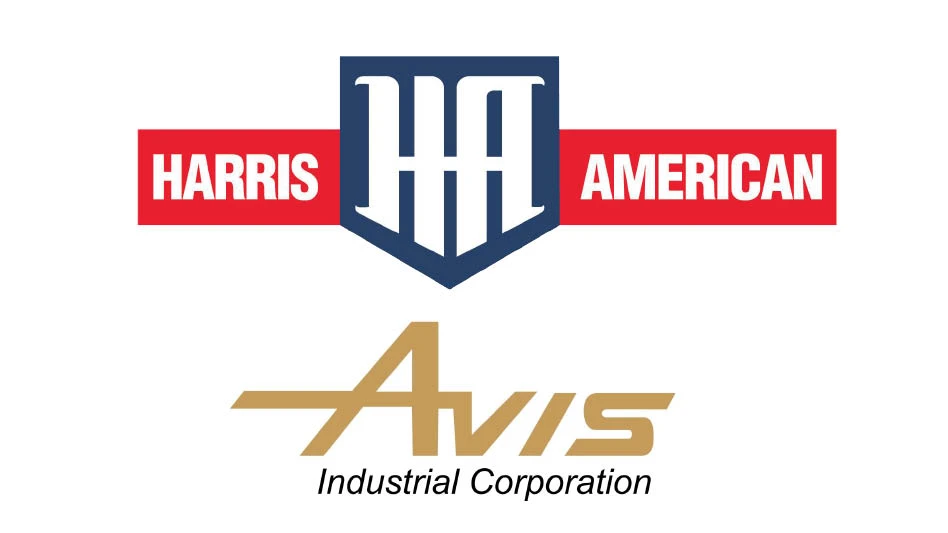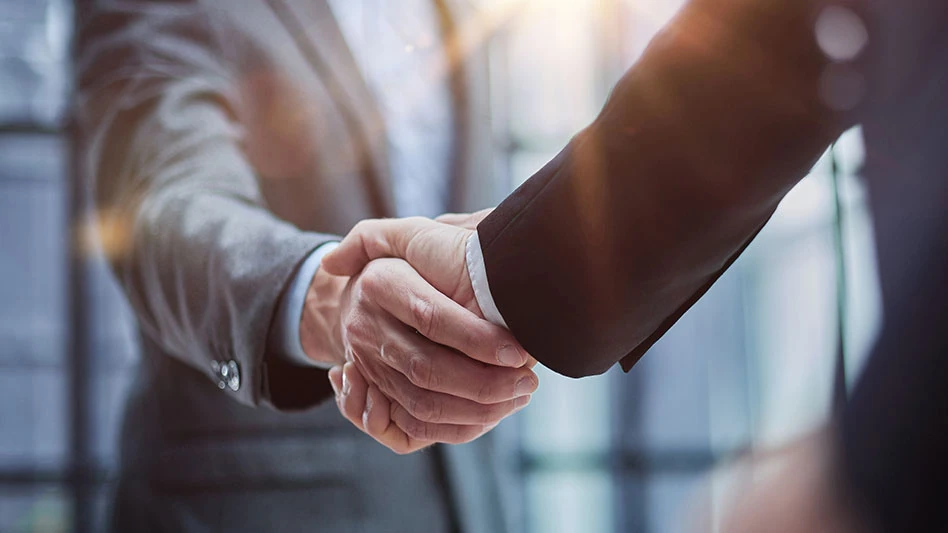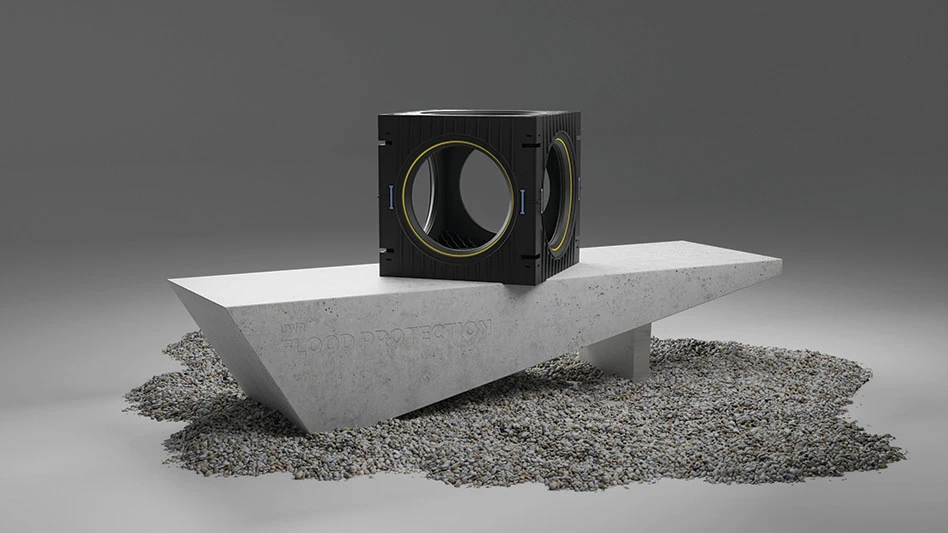
Clearwater debuts cup stock made of recycled fibers
De Pere, Wisconsin-based Sustana Fiber, a producer of recycled fibers and paper products, has announced their post-consumer recycled fiber is a component of NuVo, a new brand of paperboard cup stock by Clearwater Paper, a pulp and paper product manufacturer based in Spokane, Washington. NuVo, which debuted this week at Sustainable Packaging Coalition’s SPC Impact 2019 event in Seattle, Washington, contains up to 32 percent post-consumer recycled fiber.
“This is an industry milestone that we are proud to be a part of,” Sustana CEO and Chairman Fabian de Armas states in a release. “Thanks to Clearwater Paper’s innovative technology and Sustana Fiber’s unique recycled product, we are raising the bar for what’s possible in the circular economy, especially at a particularly critical time for the recycling industry.”
He adds, “We have a deep commitment to sustainability and our key focus is working with like-minded organizations, like Clearwater Paper, to create a closed-loop fiber future.”
Steve Bowden, senior vice president, Clearwater Paper’s pulp and paperboard division, says the NuVo cup stock will offer innovative and sustainable solutions to Clearwater customers.
Sustana Fiber and Clearwater Paper are collecting and recycling all coffee cups used at SPC Impact to “ensure they make their way back into the circular economy.”
Sana Packaging, Oceanworks partner to reclaim ocean plastics
Sana Packaging, a sustainable packaging manufacturer for the cannabis industry based in Denver, Colorado, is partnering with Oceanworks to create 100 percent reclaimed ocean plastic cannabis packaging. Los Angeles-based Oceanworks aims to accelerate the removal of ocean plastic through connecting businesses with verified sources of ocean plastic material collected around the world.
“With the help of our customers, our first run of reclaimed ocean plastic cannabis packaging removed four tons (8,000 pounds) of plastic waste from our oceans,” Sana Packaging Co-Founder James Eichner says. “We’re excited to see how much plastic waste we can continue to remove from our oceans moving forward.”
Cannabis is “one of the fastest growing industries in the world and it already generates billions of units of plastic packaging waste per year,” Eichner adds. “The reclaimed ocean plastic we source from the Oceanworks is 100 percent HDPE. Our goal is to get plastic out of our oceans and into the proper waste stream.”
Oceanworks’s network includes collectors, processors, manufacturers and brands, which“ pledge to adhere to sourcing standards” and use the OceansMade trademark to “showcase product origin and authenticity.”
Alpla, BillerudKorsnäs JV to develop bio-based paper bottles
Austria-based plastic packaging company Alpla and Swedish pulp and paper manufacturer BillerudKorsnäs are forming a joint venture with Danish paper bottle company ecoXpac to develop a “fully bio-based and recyclable” paper bottle.
BillerudKorsnäs, which has been a shareholder in the company since 2015, has been a “driving force” in the ongoing development of the paper bottle, which was started by ecoXpac in 2010, according to a release.
Alpla and BillerudKorsnäs plan to continue the development and “launch and scale up” commercial production of the bio-based paper bottle. The companies say they “share the ambition to drive packaging innovation in a sustainable direction.”
“With BillerudKorsnäs, we have found an ambitious partner creating a new packaging market segment that offers a complementary consumer experience to our current rigid packaging solutions,” Alpla CEO Günther Lehner states. “Alpla is sharing the passion for technical challenges and innovation.”
BillerudKorsnäs President and CEO Petra Einarsson adds, “The question is not if, but rather how soon this joint venture will introduce a fully bio-based and recyclable paper bottle to the market. And when we do, it will enable a significant shift in consumer behavior globally.”
EcoXpac CEO Martin Grosen also adds the vision for the paper bottle “has never felt closer to reality than today.”
Africa Plastics Recycling Alliance forms
Diageo, Unilever, The Coca-Cola Company and Nestlé launched the Africa Plastics Recycling Alliance during the Africa CEO Forum March 24-26 in Kigali, Rwanda. The alliance aims to turn the Sub Saharan plastic scrap problem into an opportunity “to create jobs and commercial activity by improving the collection and recycling of plastics,” according to a release.
The Africa Plastics Recycling Alliance will facilitate and support their local subsidiaries to engage in public-private partnerships and industry collaboration, as well as participate in local pilot initiatives and engage with the investment community and policy makers to “accelerate the development and financing of the necessary waste management infrastructure and systems.”
“Plastics will remain an important packaging material if we are to give African consumers the safe and affordable products they need,” the alliance states in a release. “We see an opportunity to tackle that problem in a way that creates jobs and reduces dependency on imported materials while alternatives to plastics are developed.”
Purr-cycle initiative recycles cat food pouches
Purr & Miaow and Enval, United Kingdom, are partnering on a recycling initiative to recycle cat food pouches. According to the cat food company, about 20,000 of 10 billion aluminum and plastic pet food, baby food and drink packaging is recycled. “The recycling rate of pouches is 50 times worse than that of the single-use coffee cups, the company states.
Purr-cycle will allow customers to send pouches directly to Enval using prepaid bags, which are also recycled. Enval will separate the aluminum and plastic pouches and use pyrolysis to break down material into chemical feedstock or energy.
Latest from Recycling Today
- Enfinite forms Hazardous & Specialty Waste Management Council
- Combined DRS, EPR legislation introduced in Rhode Island
- Eureka Recycling starts up newly upgraded MRF
- Reconomy Close the Gap campaign highlights need for circularity
- Nickel carbonate added to Aqua Metals’ portfolio
- EuRIC, FEAD say End-Of-Life Vehicle Regulation presents opportunity for recyclers
- Recyclers likely to feel effects of US-China trade war
- BCMRC 2025 session preview: Navigating battery recycling legislation and regulations





